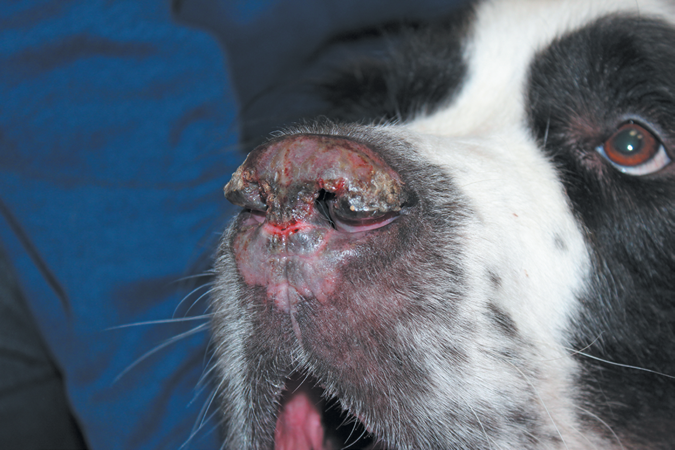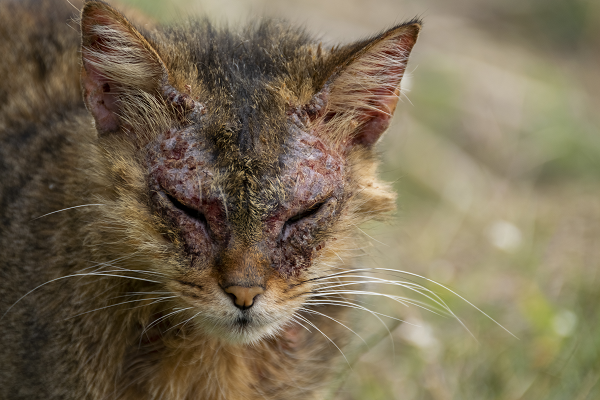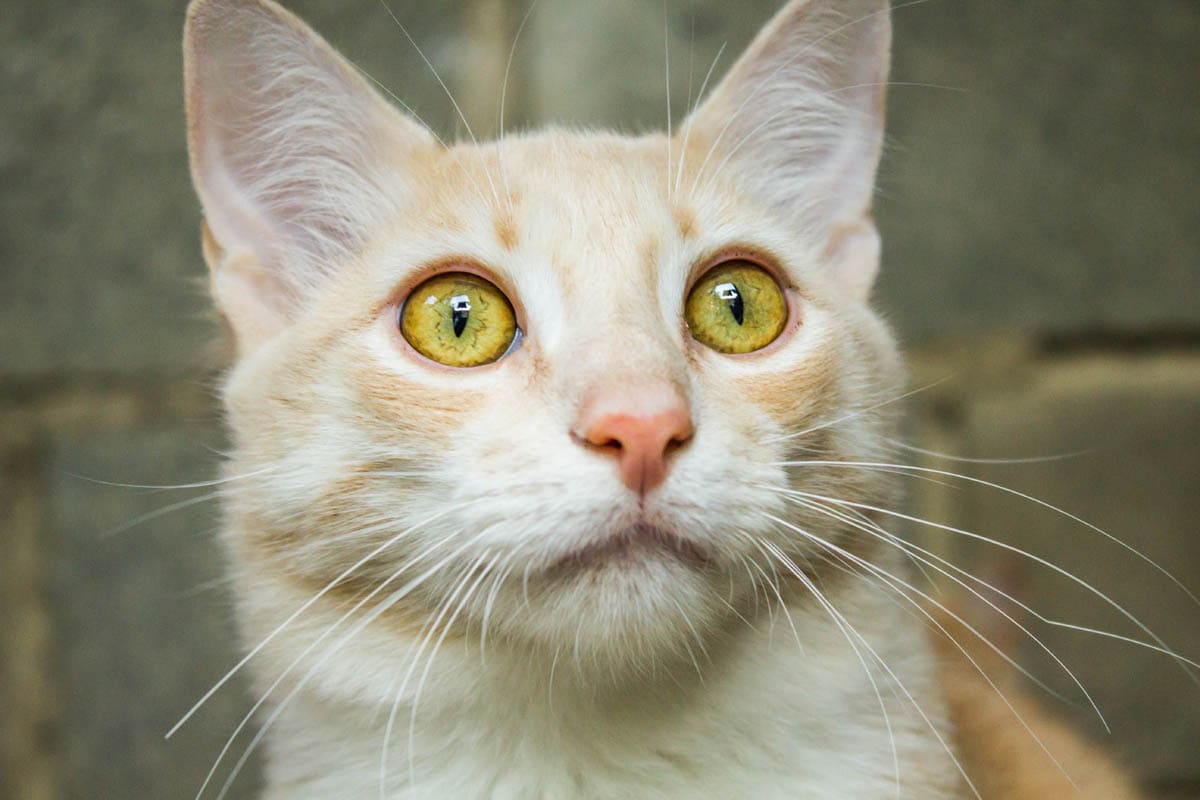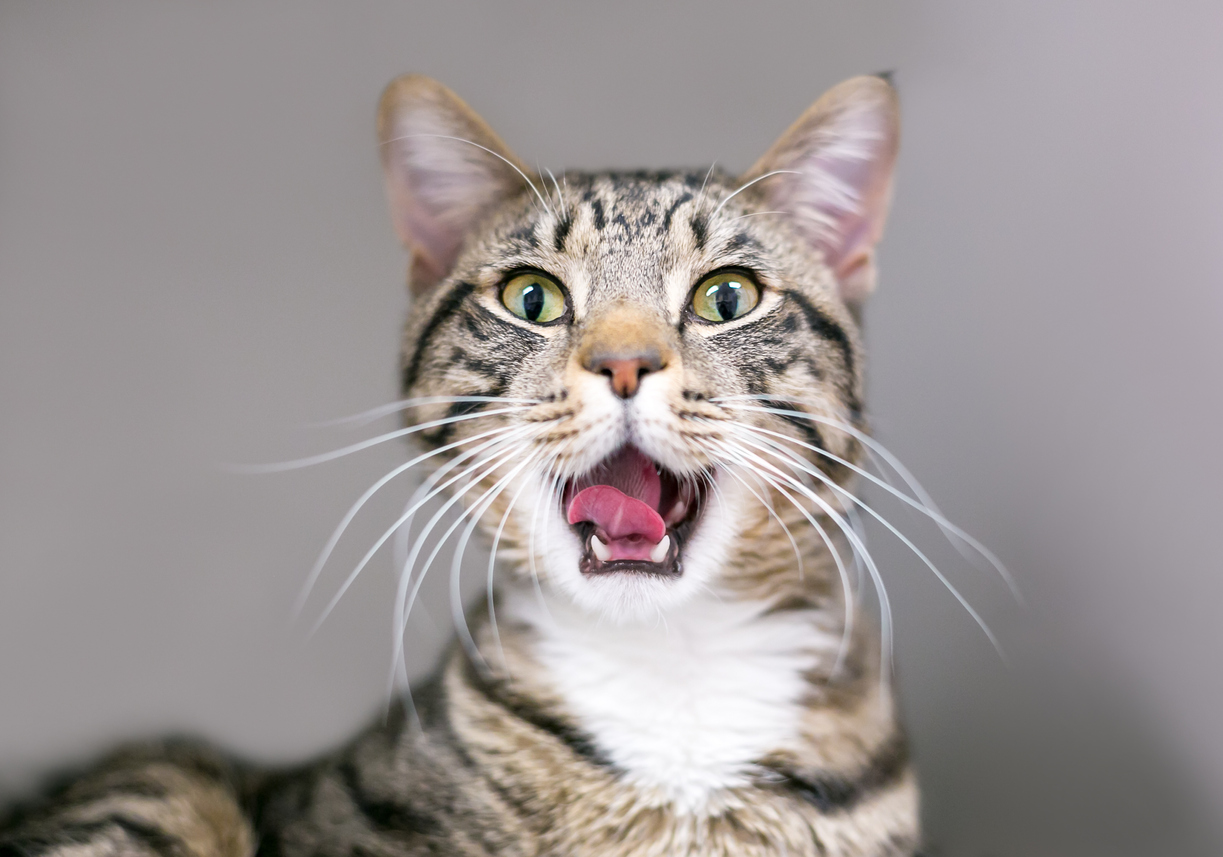Lupus Complex
What is systemic lupus?
Systemic lupus is an autoimmune disease caused by abnormal regulation of the immune system. An affected pet’s immune system recognizes the body’s own cells as foreign. The immune system forms antibodies against tissues in the body, directly attacking the body’s own cells and depositing antibodies throughout the body’s tissues.
Although a definitive breed predisposition has not been established, Siamese, Himalayan, and Persian cats appear to be more likely than other breeds to develop systemic lupus.
In dogs, there appears to be a predisposition in medium to large breed dogs.These include the Afghan hound, Beagle, Collie, German shepherd, Irish setter, Nova Scotia duck tolling retriever, Old English sheepdog, Poodle and Shetland sheepdog. The average age of onset in dogs is 5 years, but SLE has been reported in dogs as young as 6 months of age. Male dogs were more likely to develop systemic lupus erythematosus than female dogs in a single study.

What happens when a pet develops systemic lupus?
Signs may appear suddenly, or they may be chronic. In some cats, signs wax and wane over time. Signs of systemic illness include a fever that does not respond to antibiotics, lameness, joint swelling and/or pain, stiff gait, decreased appetite, lethargy (decreased energy), and oral ulcerations. The signs of SLE can progress and wane over time - the pet may get better, then worse, then better again. There may be more signs as SLE progresses.

How is systemic lupus treated?
Treatment of systemic lupus relies on suppressing the overactive immune system. Most frequently, this immunosuppression is performed with corticosteroid drugs, such as prednisolone or dexamethasone. In more severe cases, additional immunosuppressive drugs such as cyclosporine (Atopica™), chlorambucil, cyclophosphamide, or mycophenolate mofetil (MMF) may be required.
Cats with systemic lupus should be kept indoors, as exposure to sunlight will worsen the severity of the skin lesions. Due to the possibility of a genetic component of the disease, affected cats should not be bred.




